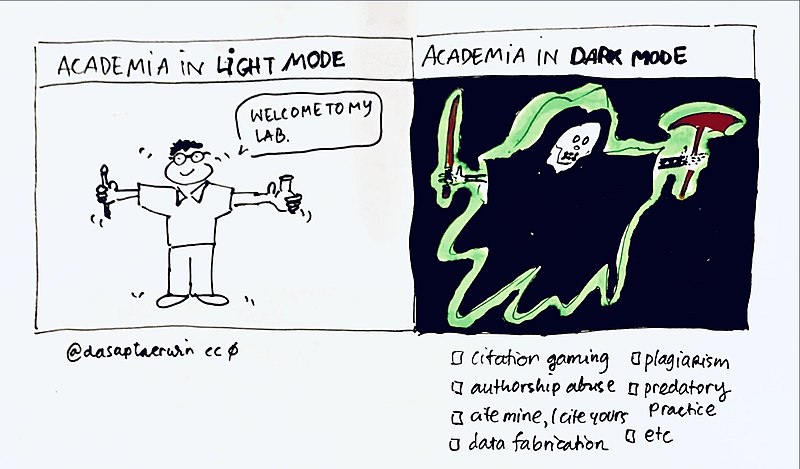Have I given up on academia?

I was browsing YouTube, as I’m known to do, and I notice a trend of people talking about either leaving their PhD programs, finishing but then not doing anything related to their studies, or even encouraging others not to pursue a PhD altogether. While people may have very good reasons for choosing those paths, I want to explain why I’d like to continue.
Traditional attempt at getting into a PhD program
After completing my Master’s degree in 2017, I immediately began to apply to graduate school. However, I was not as wise as I could have been in my strategy. I figured that my chances were very high at getting into a Singaporean university whose professor had similar research interests and similar field experience as I did. I knew others who had successfully entered the program years prior and were able to do work-study to supplement the expensive cost of living in Singapore. I thought it was a good opportunity for me: There was a migrant community of Sizang living in Singapore, it was a short plane ride away from Burma, I could probably get Singaporean permanent residency after a few years, etc., etc. I applied to that school and only that school. The fateful day came and I was accepted to the university! … Without any scholarship. I was shocked. Surely, there had been a mistake. During the Skype interview (remember those days?) and on the paper application, I was specifically asked whether I would accept admission without a scholarship. I answered “no” both times and indicated that my application should be trashed if a scholarship could not be issued. This miscommunication led to me feeling very elated when seeing the acceptance letter and deeply disappointed when no scholarship was granted. To make matters worse, I contacted the admissions officer from the school to ask if there was a mistake and was told no, there was no mistake, I was being given the opportunity to apply without a scholarship. I wasted no time in telling the officer how disappointed I was in their mismanagement of my application and that I would definitely not be willing to continue admission without a scholarship. I was then asked to go through the process of manually declining the offer. I let the application lapse instead.
Another path
That rejection is what led me to going to Burma to work in the first place. I posted about the rejection on social media, a prospective employer saw it and made an offer for me to go and work with him in Nay Pyi Taw. So, I packed my bags and left Thailand for Nay Pyi Taw, rather than for Singapore. After nine months, I realized NPT wasn’t for me and I moved to Yangon. After the coup d’etat there, I found myself back in Thailand again with a partner and child.
So, God put me on a long detour, you could say. But, it’s been a fruitful and fulfilling one.
While in Yangon, I left education to work in the development sector and got to finally use my knowledge of sociolinguistics and my writing skills after 3 years of teaching. With my newfound development writing ability, I was able to take time to read more widely about Burma and Southeast Asia.
The wider reading which started in 2020 led me to have a good background when I started volunteer teaching at a migrant learning center (MLC) in Mae Sot, as I was able to teach not only about American History (a necessary knowledge component for students wishing to obtain an International GED), but to contextualize the information with events closer to home for the students, as well.
So, have I given up?
Certainly not. One reason why I’m continuing with my site/blog, for instance, is to get back into the habit of writing again. This article itself has been sitting in my Drafts folder for several months and I am just getting back to adding to it. Attending SEALS this past July also reinvigorated my desire for engaging in linguistic inquiry. My hope is to continue to work independently in linguistics, little by little, until I can finally land myself in a fully-funded PhD program.
However, I do not necessarily have my eyes set on a professorship. While that would be the logical conclusion to me getting a PhD, I realize that at least in the US, there are more people with PhDs than there are posts. If I were to get a position either in the US or even outside of the US (preferably in Southeast Asia or even in South Asia), I would welcome it. But for me, simply getting the PhD would be a fulfilling accomplishment in itself.
I understand the implications of the sunk cost fallacy and I do not want a PhD just for the sake of finishing what I started. I want a PhD because I want to contribute something to the academic community and to the community of speakers, as well. It is indeed my hope that one day indigenous speakers will come along and not only expand upon and correct my work, but also find my work useful in whatever language activities they will choose to engage in. Maybe it will be soon, maybe it will be after my death, and maybe it will be after the language has lost its speakers and future descendants would like to wake it up again. Whatever the case, I want to do my best to document and describe the language and be proud of what I’ve done in the end. To do that, I need to engage with the language in a way that only PhD-level work can train me to do.
It’s not about the metrics, it’s not about the tenure, it’s not about the salary. It’s about the intellectual pursuit. That’s what keeps me going.